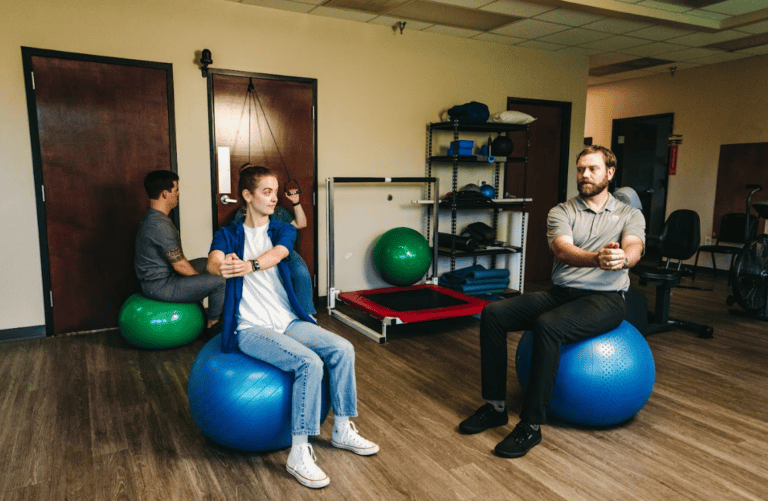What is Pain Management?
Pain management is a specialized medical practice that evaluates, diagnoses, treats, and prevents acute or chronic pain. Instead of masking symptoms, our pain management doctors’ goal is to identify the root cause of your discomfort (injury, surgery, whiplash, nerve damage, etc.) and craft a personalized treatment plan to provide relief and improve quality of life, minimizing reliance on medication. Pain management treatments include:
- Diagnostic and therapeutic nerve blocks
- Epidural steroid injections (ESI)
- Facet injections and medial branch blocks
- SacroIliac (SI Joint) injections
- Platelet-Rich Plasma (PRP Injection)
- TENS
- Trigger Point Therapies
- Large and small joint injections (ranging from shoulders and knees to fingers and toes)
Who is it For?
Pain management can be incredibly helpful for chronic pain sufferers, such as those with persistent back, neck, or joint pain. It can also assist patients who have been in a car accident to recover from their ordeal and regain mobility safely. Soft-tissue damage (such as muscle sprains or ligament sprains), whiplash injuries, and herniated discs in particular may need specialized care from a pain management doctor for more efficient recovery.
Benefits of Pain Management
Pain management treatment can provide a host of benefits, both physical and mental. Not only does it typically accelerate recovery post-injury, but pain management specialists focus on ways to offer relief without reliance on pain medication that could potentially be addictive or have other side effects. This means guided physical therapy to restore full range of motion, targeted injections to reduce inflammation, and more. For those who have been in accidents, it can be difficult to know exactly what is causing your pain — however, our pain management doctors are trained in identifying injuries sustained from crashes, and will use imaging techniques like X-rays or MRIs to ensure that you get the proper treatment.












